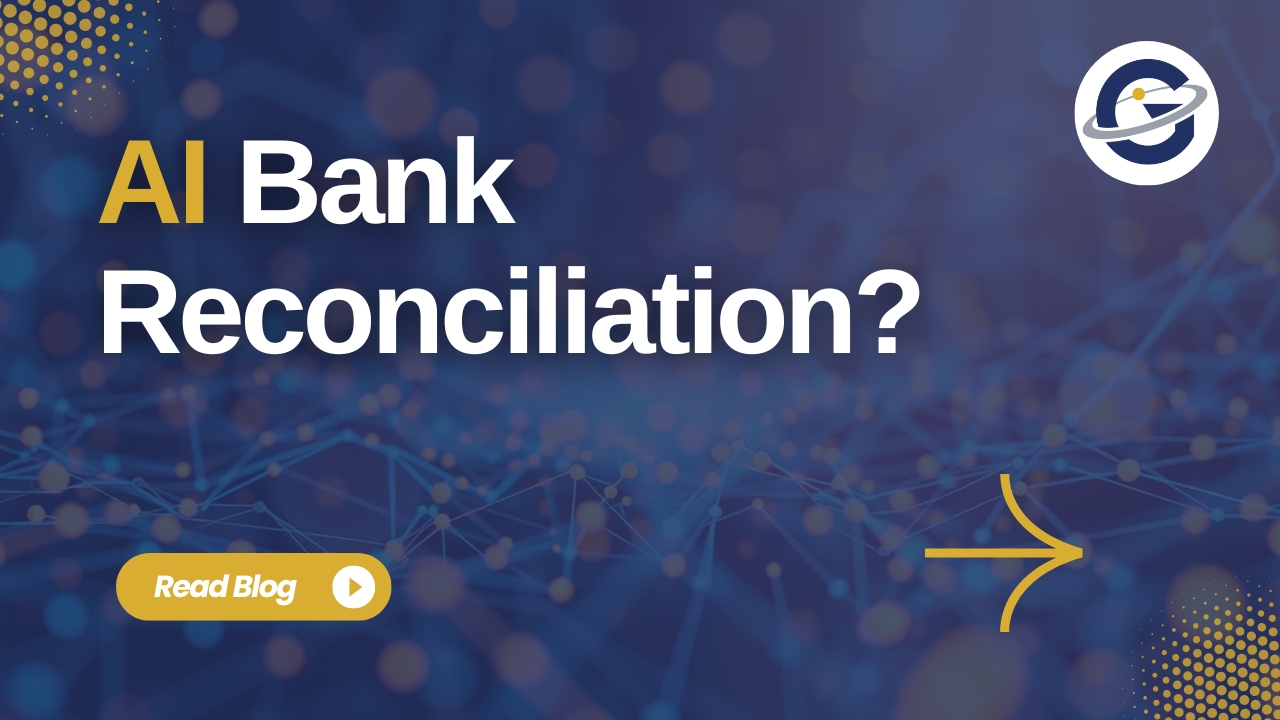Digital Accounting takes traditional accounting practices and harnesses the latest technologies to make things faster, more precise and more user-friendly. As the world becomes more and more digital, it has never been more important for businesses to ensure their accounting approach is up to speed.
In simple terms, it means taking your books, taxes, payroll and finances, and taking it online.
It might sound high-tech (and it is), but innovative digital accounting approaches are perfectly accessible to businesses of all sizes, industries and budgets. These solutions aren’t just for large companies with a wealth of technical expertise in house and a budget to match.
What does digital accounting for business involve?
Digital accounting sounds quite broad, and it is. Applying a digital approach to accounting brings benefits in several key areas, impacting your reporting, administration, accessibility and compliance.
Automated accounting
Data entry and manual report generation can be a real headache (not to mention time-sink) for business directors and their finance/accounting teams. Automation is the foundation of digital accounting, and its benefits are enormous.
For starters, digital accounting can enable business to automate the following tasks – but these are not the only examples:
- Data entry
- Bank reconciliation
- Processing of invoices
- Management of company expenses
- Salary calculations and tax deductions
- Financial reporting and analysis
- Tax preparation and filing
- Budgeting and forecasting
- Inventory management
Cloud computing
Digital accounting enables you to store crucial financial information in the cloud. This means storing digital data (such as invoices, correspondence and tax information) on a network of servers, rather than on your computer (or worse, a giant filing cabinet!). Cloud computing is an invaluable tool for accounting, because it means:
- You can access the information anywhere with an internet connection, such as from a smartphone or laptop when on the move.
- Cloud storage backs up your files, meaning it is better protected from data loss or destruction. If you lose a laptop containing information locally, it may be lost forever. If it’s stored in the cloud, backups can restore the lost information.
- It makes it easier to collaborate with members of your team. You can grant access to key individuals who need it, without having to be in the same place at the same time.
Dedicated software
Digital accounting provides you with an enormous arsenal of useful applications designed to make accounting tasks easier, more efficient, and more reliable.
This includes accounting software platforms such as Xero, Sage, FreeAgent or QuickBooks; these can be used to record transactions, generate and manage invoices, and produce useful reports for both internal and shareholder interests.
You can also use the latest tax software to prepare and file your tax returns with less time and lower risk of potentially costly errors.
Dedicated software exists to help you improve your reporting, get invoices paid faster, improve operational efficiency, and link operations between different departments.
The volume of apps available can be intimidating at first, but a digital accountant can help you select the right apps for your needs.
What are the benefits of digital accounting?
In our view, Digital Accounting is not the future; it is already the gold standard for managing business finance, accounting and tax. Here is a quick rundown of some of the key benefits that digital accounting can bring to your business.
- Greater accuracy, consistency, and fewer mistakes, thanks to less manual data entry.
- More efficiency through automation and streamlining of key tasks, which saves both time and resources.
- It enables real-time actionable insights into past, present and future performance. This means you can make better business decisions, action opportunities, and mitigate emerging risks as soon as they arise.
- It is more accessible; cloud access means the people you authorise can access important financial data anywhere with an internet connection.
- It is designed to be scalable, and your digital account processes will keep up and remain useful however large and complex your business becomes.
Digital accounting is evolving rapidly
Digital accounting isn’t just flicking a switch and taking things online. It is a continual process. New technologies and possibilities emerge every year, which is why it’s so important to work with a digital accountant who can keep you at the forefront of new developments.
Whether you have already gone digital and are looking for ways to improve, or you are trying to move away from traditional accounting for the first time, the Gravitate team can help you meet your goals.

.png)


.png)

.png)
.png)

.png)
.png)
.png)













.png)
.png)
.png)

.png)
.png)

.png)



.webp)
.webp)












.jpg)

.webp)
.png)

.svg)
